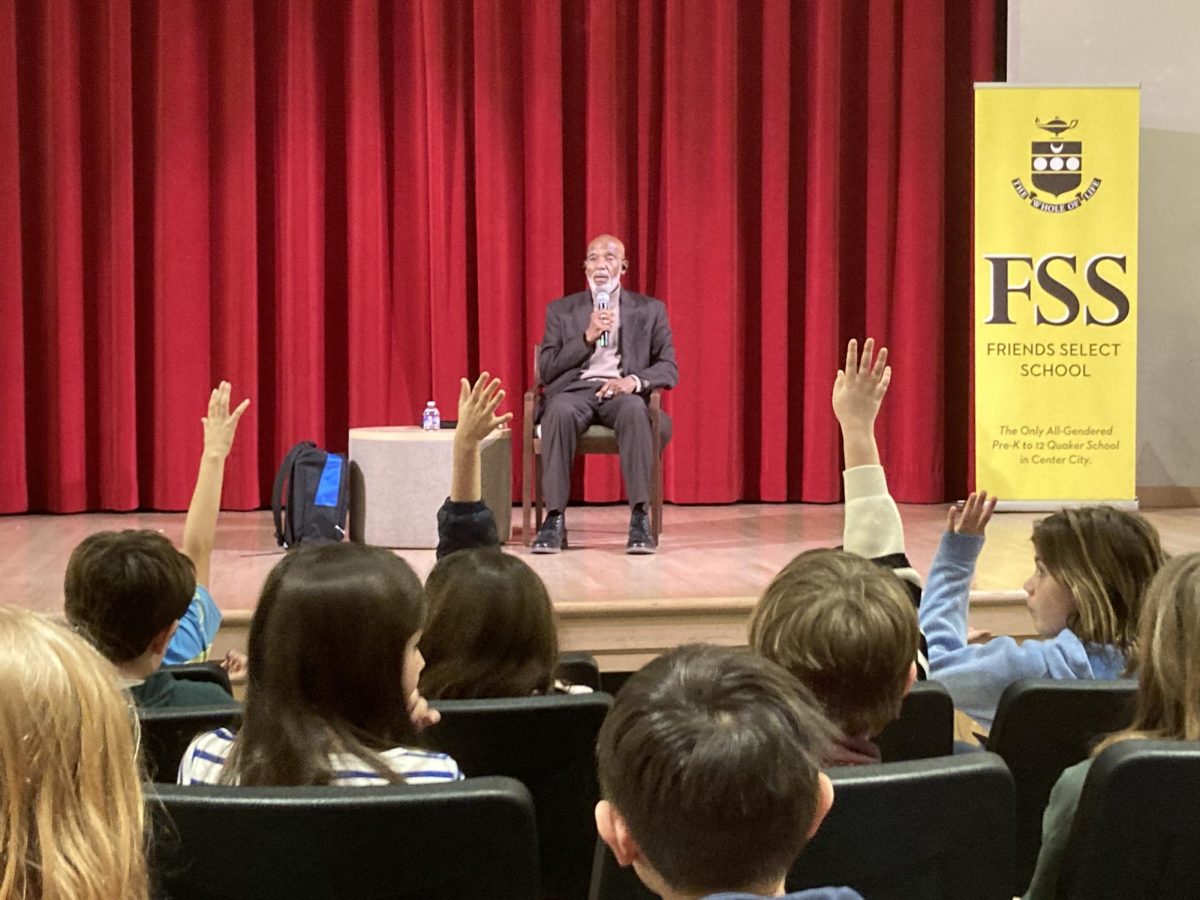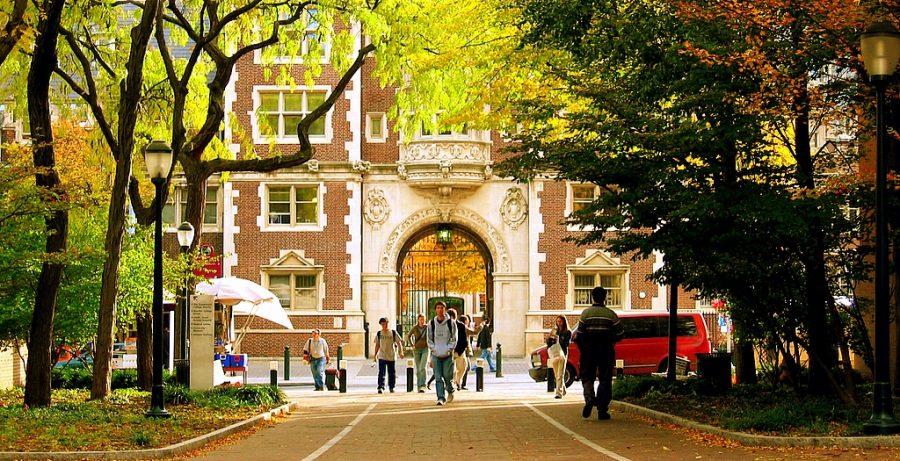Opinion: Are College Visits Beneficial?
There are dozens of extraordinary colleges and universities across the country. Each boasts world class classrooms, research labs, athletic facilities, and other spaces. If these schools have so much to flaunt, why are their tours so uninformative and boring?
A typical college tour has two components: an information session and a walking tour. The information sessions contain useful information for applicants, like application details, financial aid programs, and highly ranked majors. However, these sessions are little more than an email packed into a forty-five minute bore that does little to excite the visitor. Ultimately, college information sessions are just a boring and lengthy way to affirm interest in a school.
Unlike information sessions, walking tours rarely contain the critical information that prospective students seek. While tour guides speak of top-tier research facilities and libraries, these spaces are often omitted from tours. It’s fair to say that bringing a tour into these rooms might disrupt working students and faculty, but there’s no reason prospective students can’t view them through a window.
Instead, tours dwell too heavily on parts of campus that are largely the same at all schools, like quads, dorms, and cafeterias. It’s certainly nice that these facilities aren’t in disrepair, but there is little reason to see places that students will become accustomed to in a matter of weeks.
As a student in the process of touring, I’d like to see what makes the school I’m visiting different. I’ve been far more impressed by the unique research centers, museums, and student studio spaces that I have found while touring independently than by anything I was shown on a tour. College tours could be significantly improved by incorporating these facilities.
Ultimately, though, college tours aren’t meant to be anything productive for students–they’re just another way for colleges to improve their prestige and national ranking. Through these visits, schools hope to show off an ameliorated quality of life that will encourage students to apply. More applications means a lower acceptance rate, which leads to a higher US News and World Report Ranking.
So, college tours are virtually useless for students who already understand the college application process, aside from the fact that they demonstrate a student’s interest in the school they are visiting. Nonetheless, that doesn’t mean visiting a school isn’t a good idea. Independently touring campuses and asking students questions about their experiences is a great way to decide whether or not a certain college or university might be a good fit for you. For prospective first-generation college students especially, a tour might be a great way to get to know what to look for in a school.
























CUA Office of Admissions • Mar 7, 2020 at 11:47 AM
I strongly agree.
Harvard University Admission Offices • Feb 27, 2020 at 2:58 PM
I strongly disagree.
The Editors • Mar 4, 2020 at 10:17 AM
Hello Harvard Admissions,
Thank you for taking the time to read The Falcon! We’re eager to hear feedback from our readers and would love to read your thoughts in a counter article.
-The Falcon Editors